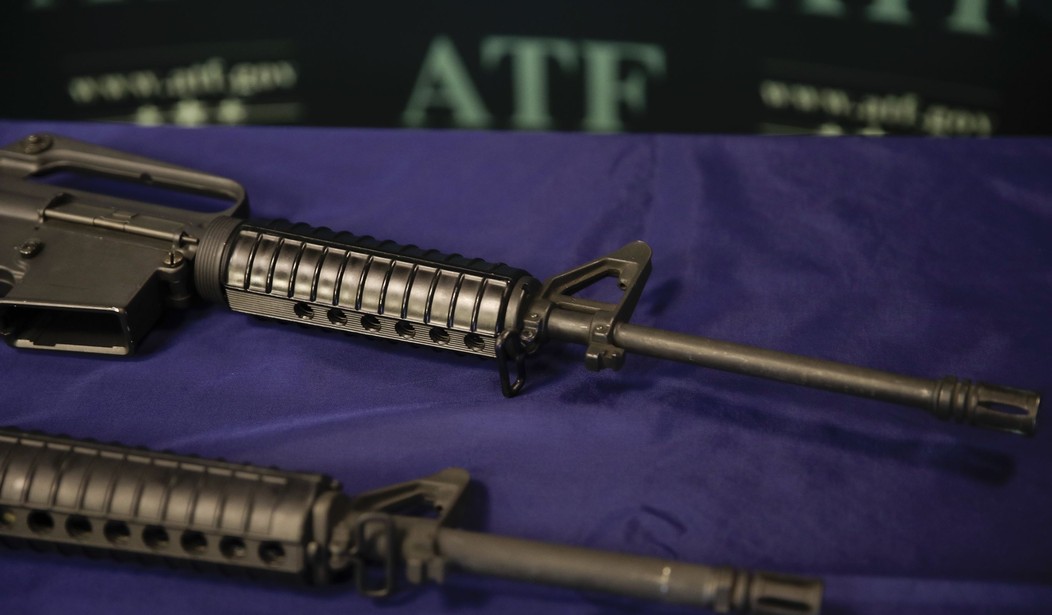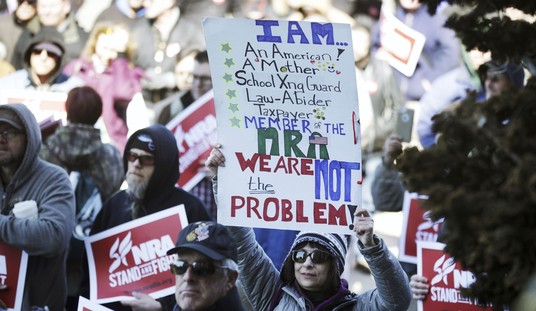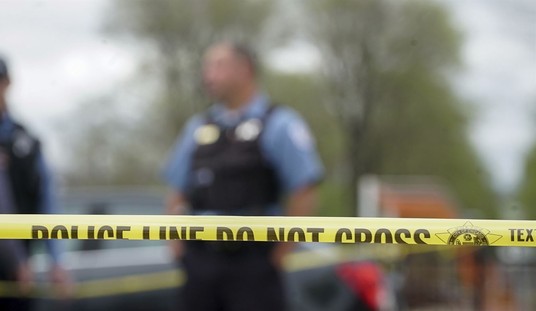The term “ghost gun” is conveniently short; much more than “unserialized firearm” or something else. The downside is that it’s meant to sound scary; like it’s a gun lost in the system and we simply can’t track it.
Never you mind that gun tracing isn’t the be-all, end-all of solving firearm-related homicides or anything. No, “ghost guns” are terrifying and they represent a real problem supposedly.
And really, a ton of people who know nothing about guns or crime will be happy to tell you this, too.
But there are challenges from so-called ghost guns. Not really from a law-enforcement standpoint, but from within the gun debate itself.
While law enforcement officials nationwide grapple with the problem, it is also a complicated legal issue for the Biden administration and state and local lawmakers.
In an attempt to address the issue, the Supreme Court in August ruled 5-4 to reinstate temporarily a Bureau of Alcohol, Tobacco, Firearms and Explosives regulation on ghost guns pending the disposition of an appeal in the Court of Appeals for the 5th Circuit in the case of VanDerStok v. Garland. Justices Clarence Thomas, Samuel Alito, Neil Gorsuch and Brett Kavanaugh indicated they would have denied the government’s request.
…
Stephen Gutowski, founder of The Reload, said the ATF wants to redefine what counts as a firearm to update the interpretation of the firearm laws.
“They want to have the kits interpreted as actual firearms, and what the public needs to understand is this isn’t a magic button that’s going to fix the problem and keep firearms out of the hands of criminals. You see, a previously convicted felon or someone who has a record of mental illness can’t legally buy a gun anyway. If the government is successful in this updating of firearms laws, then once that person buys a kit, then they’ve already committed a crime.”
Gutowski went on to say current federal firearms regulations don’t keep guns out of the hands of criminals.
Of course, as per usual, Gutowski is absolutely correct.
See, part of the reason that so-called ghost guns are complicating the gun debate is because people still feel obligated to blame the guns for the actions of a criminal.
Yes, bad guys get unserialized firearms. They don’t do it as often as people like to believe–prior to Illinois passing its “ghost gun” ban, the media there reported on just how rarely such guns are used in homicides–but what people miss is that if a criminal didn’t have an unserialized gun, they’d just have a serialized gun that was likely stolen from someone else by someone, either themselves or another party.
In other words, tracing still wouldn’t do the police a damn bit of good.
The problem in this equation isn’t the gun but the finger that pulls the trigger. Lawmakers like to restrict guns because it makes for a nice soundbite, but the truth is that it’s always been about the person who is using the gun and not the gun itself, either a “ghost gun” or a traditionally made firearm.








Join the conversation as a VIP Member